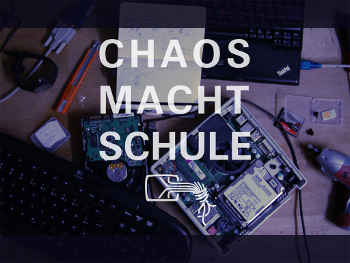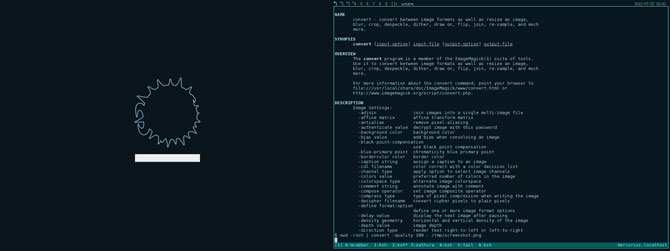Dec 25, 2012 0
Chaos macht Schule
Chaos macht Schule is a project by the german Chaos Computer Club, in which hackers with a technical credibility go into schools to hold presentations or conduct workshops.
This year the local Chaos Computer Club group has been invited two times to a school to give talks on privacy awareness and participate in a parents evening on the topic of data privacy related topics. Matou, Nico and I went there for the first event. We gave a presentation to two groups of about 50 pupils each, and one talk at the parents evening. Later this year, matou and I went back to the school to do the same event again. I am very satisfied with the whole event and before describing too much here: In February, straight after we were finished, we set up a voice recorder to capture our enthusiasm and remindings while driving home through the nightly, heavy snowfall.
We published this recording as part of the /dev/radio unstable program, which we have started a while ago. Unplanned, experimental podcasts, with completely different lengths and questionable quality, explicitly marked as unstable.
The events had a heavy focus on (data) privacy and we were (specifically) invited to shine some light on this topic. However, I would like to get more into inspiring people to do creative stuff, opposed to describing issues and problems. Just some ideas: The Little Bits project is a great project, which makes it easily possible to build interesting stuff without having to get too technical. Also, if someone would have showed me the endless possibilities of free operating systems when I was 14, I would probably have locked myself in forever. The fact that you can build your complete own system, replace each part of it, modify anything, would have just blown me away. The whole Creative Coding movement with projects like (fluxus) where you build a music visualization just-in-time, Context Free as an easy way to create amazing art, 3D printers and of course Arduinos.


















